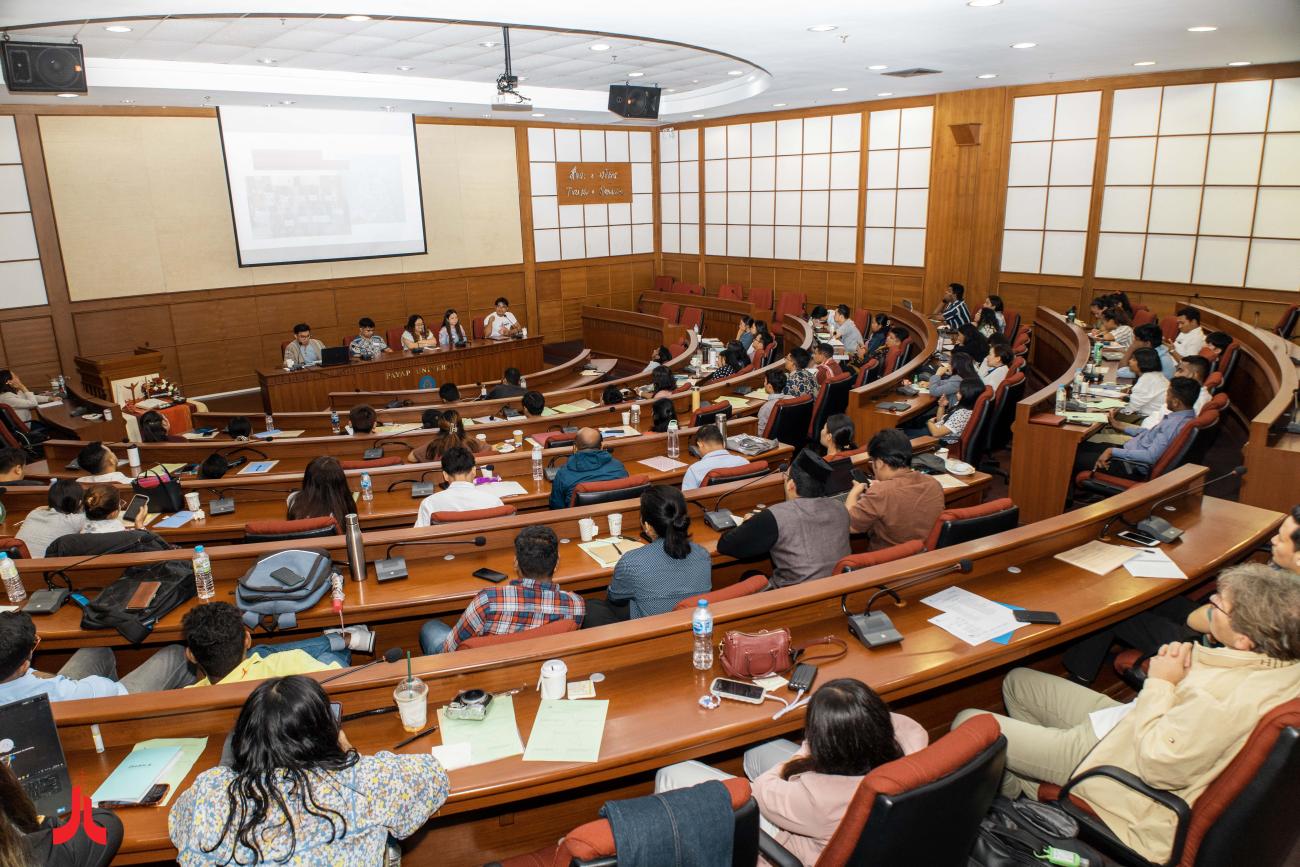Young Christians Commit to Enhancing HIV Advocacy in Asia

Chiang Mai, Thailand: Asian Christian youth who attended the capacity-building training of the Christian Conference of Asia (CCA) committed themselves to raising awareness among their peers and promoting HIV advocacy in their local communities.
The regional capacity-building training, organised through CCA’s Action Together in Combating HIV and AIDS in Asia (ATCHAA) programme, was held in Chiang Mai, Thailand, and focused on the theme ‘Strengthening the Voices of Youth for HIV Advocacy in Asia’.
Seventy young representatives from churches across Asia attended the training held from 29 to 31 July 2024.
During the session on addressing HIV vulnerabilities and other issues, including sexual and reproductive health and rights, the participants observed that comprehensive knowledge regarding HIV prevention is low among young people in Asia. They emphasised the urgent need to address sexual health in an age-appropriate manner from a Christian perspective.
Action plans prepared by the participants outlined strategies for their churches after assessing their current status on HIV advocacy and learning about best practices from other churches.
The proposed plans included formulating a policy addressing HIV and AIDS, gender, and sexuality. Participants identified the importance of networking and sharing best practices with other churches, as well as conducting workshops for church leaders on HIV advocacy, as priority areas of action.
The action plans also recognised the importance of forming support groups for People Living with HIV (PLHIV) and fostering youth communities to raise awareness about HIV and AIDS. Additionally, participants highlighted the need to utilise social media and digital platforms to disseminate information and tackle the stigma still associated with HIV and AIDS.
The participants emphasised that breaking barriers—scientific, legal, policy and procedural, religious and cultural, social, and governmental—is crucial for building bridges in the HIV response.
Participants were divided into five groups and visited five HIV projects in Chiang Mai: Baan Sabai, Thai Drug Users Network, M Plus Foundation, MAP Foundation, and CareMat. After visiting the projects, the groups shared their learning experiences about the operations. The exposure visits also provided an opportunity for the participants to interact in person with People Living with HIV (PLHIV).
The participants also attended a closed-door session titled ‘Perspectives from the Margins’ to interact with PLHIV. This session provided a platform for PLHIV to share their stories and lived experiences, expressing their hope for a world of acceptance, free from stigma and discrimination.










